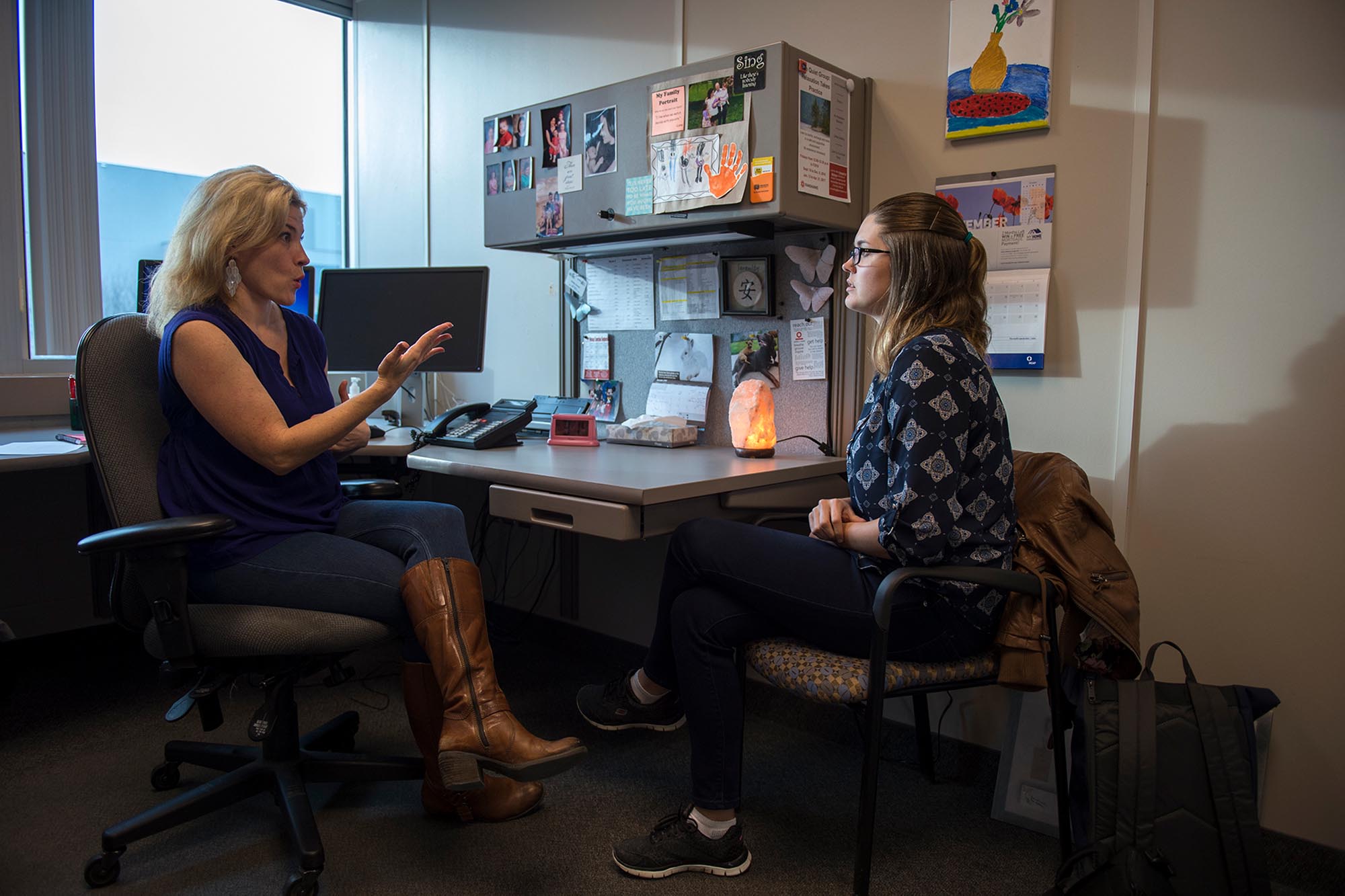Accommodating Applicants and Students
At Fanshawe College, we’re committed to creating an inclusive and supportive learning environment for all students. If you require academic accommodations, our Accessibility Services team is here to help ensure you have the tools and support needed to succeed in your studies. From extra time on tests to assistive technology and note-taking support, we offer a range of accommodations tailored to your individual needs. No matter your program or learning style, we’re here to help you reach your full potential.


